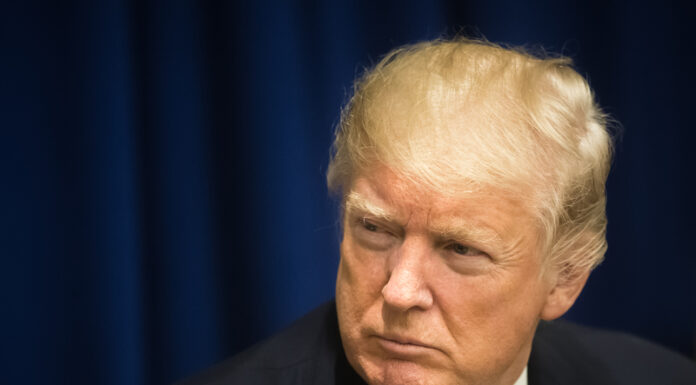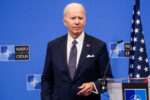The Trump administration has reversed its earlier policy and granted Nvidia approval to sell its advanced H20 computer chips used for artificial intelligence development to China, marking a significant shift in U.S.-China technology trade relations.
Nvidia CEO Jensen Huang announced the policy reversal during a visit to Beijing on July 15, 2025, telling reporters that “the US government has approved for us filing licenses to start shipping H20s.” The announcement came through a company blog post late Monday evening and was accompanied by remarks on China’s state-run CGTN television network.
The decision represents a complete reversal from April 2025, when the Trump administration implemented restrictions on sales of Nvidia’s H20 chips and AMD’s MI308 chips to China on national security grounds. The earlier ban was part of broader export controls aimed at limiting China’s access to advanced semiconductor technology that could potentially be used for military purposes.
Huang met with President Trump and other U.S. policymakers before his Beijing trip, where he attended the China International Supply Chain Expo as an exhibitor. During his visit, he emphasized that half of the world’s AI researchers are located in China and highlighted the importance of American companies being able to compete in the Chinese market.
The April restrictions had created substantial financial impact for Nvidia, with the company estimating the tighter export controls would cost an additional $5.5 billion. The halt in shipments led to $4.5 billion in inventory write-downs and an estimated $2.5 billion in lost projected sales during the period when the ban was in effect.
Wall Street analysts responded positively to the announcement, with Melius Research analysts describing getting approval to sell advanced chips to China as a significant boost for Nvidia’s competitive position. They noted that the approval would help Nvidia better compete with Huawei not only in the Chinese market but globally, ensuring more Chinese AI developers can create applications on a U.S.-friendly Nvidia AI stack.
Nvidia’s stock price surged in response to the news, rising 4.5% to $171.40 before the start of U.S. trading on Tuesday, July 16. The company had recently achieved a historic milestone, becoming the first public company in history to surpass a $4 trillion market valuation.
During his Beijing visit, Huang also announced plans to introduce a new RTX Pro graphics chip specifically designed for the Chinese market. He indicated this chip would be particularly suitable for robotics innovation and smart factory applications, noting the extensive supply chain infrastructure in China.
Chinese market analysts viewed the policy reversal as significant for both revenue recovery and supply chain stability. Zhang Guobin, founder of the Chinese specialist website eetrend.com, indicated the new policy would bring substantial revenue growth for Nvidia, helping compensate for losses from the previous ban while easing the impact of trade frictions on the global semiconductor supply chain.
However, Chinese industry observers remained cautious about long-term implications. Zhang noted that Chinese firms continue focusing on domestic chip development since the Trump administration has been prone to abrupt policy shifts, making it difficult to determine how long such market openings might endure.
The H20 chip was originally engineered by Nvidia to comply with earlier U.S. export controls on China while still providing advanced AI processing capabilities. The chip’s memory bandwidth makes it particularly well-suited for AI models being developed by Chinese companies such as DeepSeek and Alibaba.
China represents a crucial market for Nvidia, generating $17 billion in revenue during the fiscal year ending January 26, 2025, which accounted for 13% of the company’s total sales. Huang has acknowledged China as a key market for the company’s continued growth.
The policy change occurs amid ongoing U.S.-China trade tensions and competition in artificial intelligence development. The emergence of China’s DeepSeek AI chatbot in January had renewed concerns about how China might utilize advanced chips to develop its own AI capabilities that could compete with U.S. technology.
Huang downplayed his personal role in securing the policy reversal during a July 16 press conference in Beijing, indicating that export controls and tariffs were conditions companies must adapt to in a reconfiguring global landscape. He described his role as informing governments about the nature and unintended consequences of their policies rather than directly influencing decision-making.








